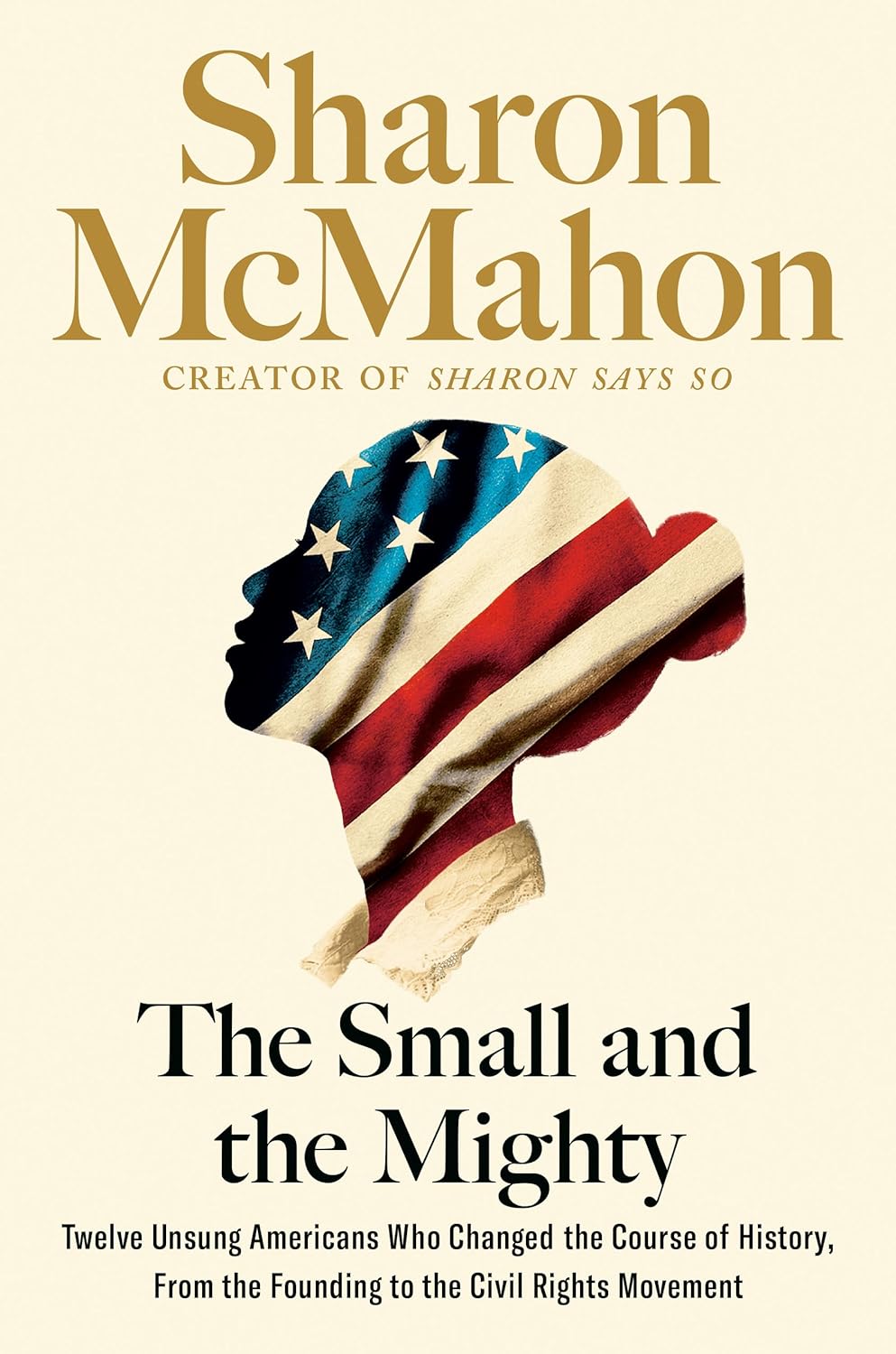Chapter 6: Katharine Lee Bates _Cape Cod, 1859
byChapter 6 focuses on the formative years and the profound impact that Katharine Lee Bates had on American literature and women’s rights. Born in 1859, Katie, as she was affectionately called, grew up in a family with deep literary roots. Her father passed away soon after her birth, leaving her mother, Cornelia, to raise her and her siblings. Despite the difficulties brought on by her father’s death, Cornelia worked tirelessly to support the family, ensuring that Katie had access to books and other resources to nurture her growing creativity. This early environment, steeped in writing and reading, gave Katie the foundation she needed to develop her talents as a poet and writer. As the youngest of four children, she found solace in her imagination, often retreating into the world of words to express her emotions and observations.
Katharine’s childhood home was situated in the coastal town of Falmouth, which greatly influenced her work. She was deeply moved by the beauty of her surroundings, and the sea became a recurring theme in her poetry. Falmouth’s rich history, including its ties to the Congregationalist church and the famous Paul Revere bell, left a lasting impression on her. Katie’s reflective essays on the town often captured the essence of her emotional connection to the place, blending personal observations with a deep sense of history. These early writings reflected her keen ability to engage with both the environment and the past, showing her talent for weaving together historical and personal narratives. The connection to Falmouth and its history not only influenced her work but shaped the lens through which she viewed the world.
Despite growing up in an era when educational opportunities for women were limited, Katie’s determination never wavered. She questioned the societal expectations placed on women, which often confined them to domestic roles, and sought intellectual freedom through her writing. At an early age, she began to challenge gender norms, using her poetry and journals to express her desire for education and equality. Her serious demeanor and the bespectacled image she presented to the world contrasted with the joyful curiosity she felt inside. Katie’s willingness to question these societal expectations and her insistence on pursuing education led her to Wellesley College, a prestigious institution dedicated to women’s higher learning. At Wellesley, she flourished, earning accolades for her academic achievements and solidifying her place as a force in American literature.
Katie’s time at Wellesley College was a pivotal moment in her life. It was there that she connected with Henry Wadsworth Longfellow, who would become a major influence on her development as a poet. With his encouragement, she embraced her potential as a writer and took on the role of representing the voice of America’s literary future. As a student and later as an instructor, Katie paved the way for future generations of women writers, making significant contributions to the literary world. Her work emphasized authentic representations of American women, and she became known for celebrating the joys and challenges of childhood through her poetry. Her teaching career at Wellesley allowed her to shape the next wave of writers, fostering a space where women’s voices could be heard and respected in the literary community. Her influence as a professor and writer left an indelible mark on both her students and the literary landscape.
Katie’s literary success eventually allowed her to embark on a European adventure, which helped broaden her horizons and provided her with a new perspective beyond her familiar New England surroundings. Her experiences in Europe further enriched her understanding of the world and deepened her literary voice. This journey not only marked a personal milestone but also reflected the increasing opportunities for women in intellectual and artistic circles. Katie’s resilience and dedication to her craft, despite the societal limitations placed on women, set the stage for her continued success. She became a role model for future generations of women writers, showing that education, persistence, and a commitment to one’s passion could lead to personal and professional fulfillment. Through her poetry and prose, Katharine Lee Bates captured the spirit of the American woman and helped pave the way for the literary contributions of women in the 20th century.

